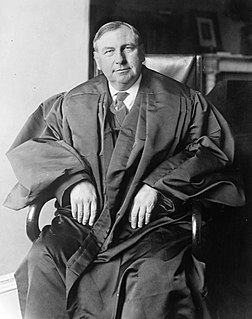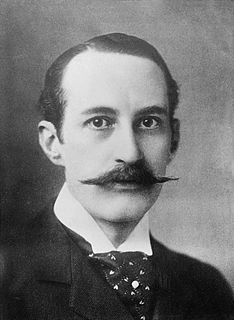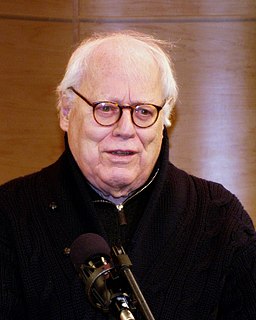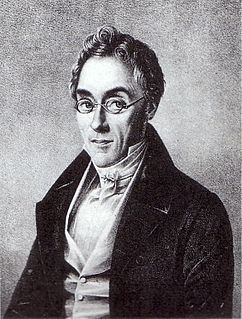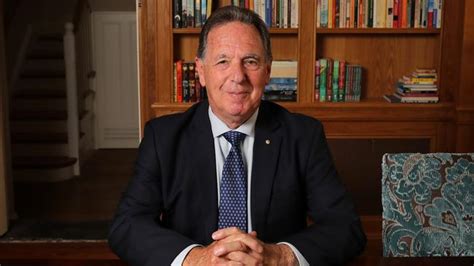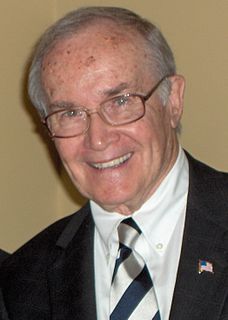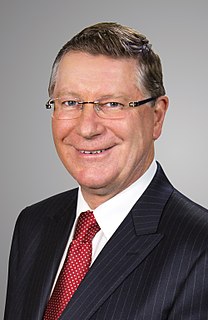A Quote by Harlan Stone
To say that only those businesses affected with a public interest may be regulated is but another way of stating that all those businesses which may be regulated are affected with a public interest.
Quote Topics
Related Quotes
Wherever the title of streets and parks may rest, they have immemorially been held in trust for the use of the public and, time out of mind, have been used for purposes of assembly... and discussing public question. Such use of the streets and public places has, from ancient times, been a part of the privileges, immunities, rights, liberties of citizens. The privilege of a citizen of the United States to use the streets and parks for communication of views on national questions may be regulated in the interest of all... but it must not, in the guise of regulation, be abridged or denied.
As I see it, there are two great forces of human nature: self-interest, and caring for others. Capitalism harnesses self-interest in a helpful and sustainable way, but only on behalf of those who can pay. Government aid and philanthropy channel our caring for those who can't pay. But to provide rapid improvement for the poor we need a system that draws in innovators and businesses in a far better way than we do today.
The bourgeois public sphere may be conceived above all as the sphere of private people come together as a public; they soon claimed the public sphere regulated from above against the public authorities themselves, to engage them in a debate over the general rules governing relations in the basically privatized but publicly relevant sphere of commodity exchange and social labor.
I can say with absolute confidence that the general public of Burma would be very little affected, if at all, by sanctions. So far, the kind of investments that have come in have benefited the public very little indeed. If you have been in Burma long enough, you will be aware of the fact that a small elite has developed that is extremely wealthy. Perhaps they would be affected, but my concern is not with them but with the general public.
If you look at America, one of the great strengths of America is its university towns and the way a lot of their businesses and a lot of their innovation and enormous economic growth have come from reducing that gap, getting those universities directly involved in start-up businesses, green field businesses, new development businesses.
It is by sympathy we enter into the concerns of others, that we are moved as they are moved, and are never suffered to be indifferent spectators of almost anything which men can do or suffer. For sympathy may be considered as a sort of substitution, by which we are put into the place of another man, and affected in many respects as he is affected.
